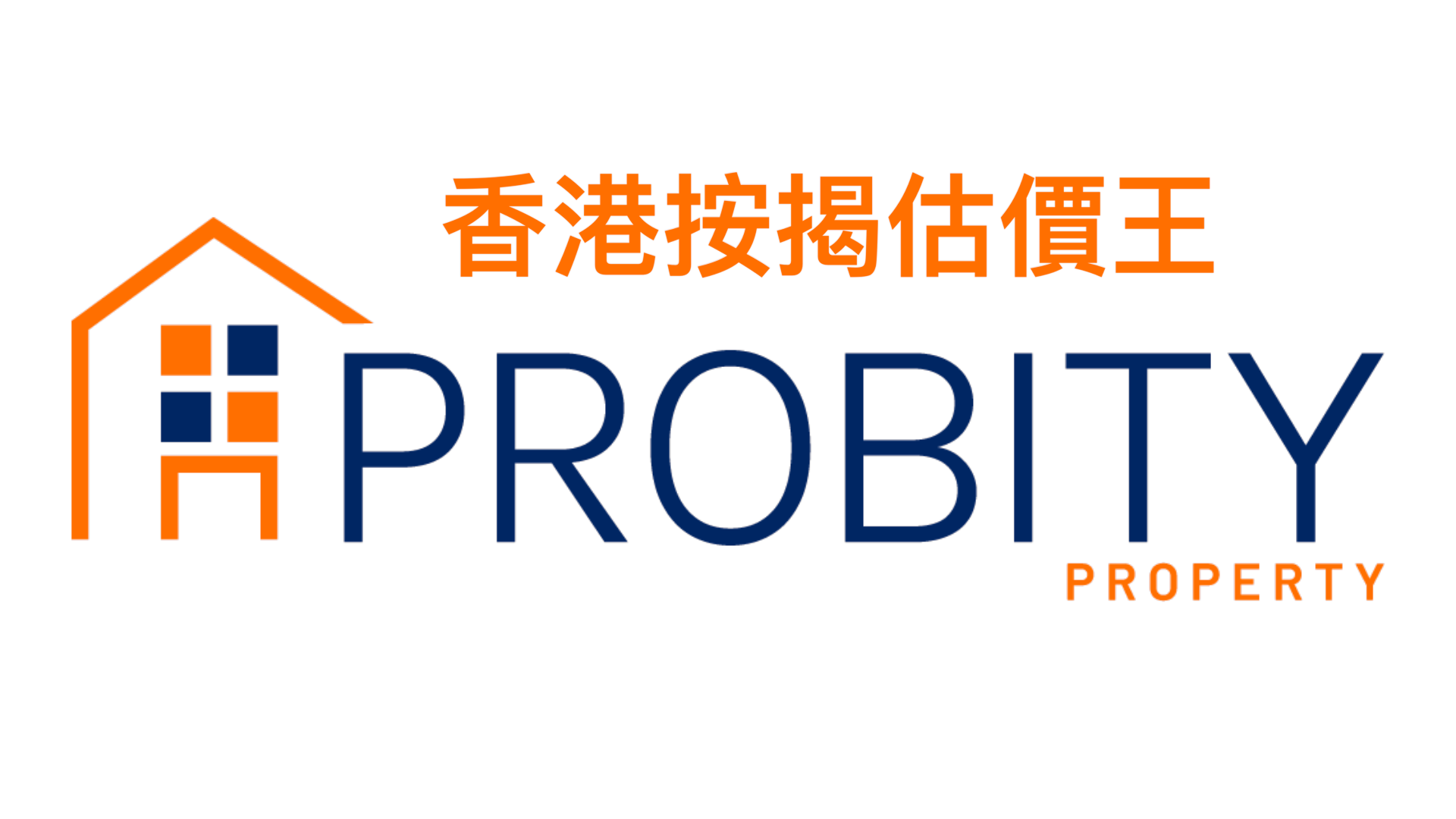Underestimating Property Valuation: Causes and Strategies to Avoid Losses in Refinancing

Underestimating Property Valuation: Causes and Strategies to Avoid Losses in Refinancing
How to Avoid Losses When Refinancing
Underestimating property valuation is a common issue that many people face when refinancing. This often happens during a downturn in the overall property market. This article explores the causes of underestimating property valuation and provides strategies to avoid losses when refinancing.
The most straightforward cause of underestimating property valuation is a decline in the overall property market, where the new valuation is lower than the initial one. This situation is particularly common during refinancing. When a property owner wants to refinance with another bank, the new bank will conduct a valuation of the property and calculate the loan amount based on the assessed value. If the property's value cannot catch up with its purchase price during a market downturn, the loan amount will be adjusted downwards, which affects the borrower's ability to obtain the desired loan amount. For example, if a borrower owns a property valued at $6 million but its value falls to $5 million due to a market downturn, and the borrower still wishes to borrow $4.8 million, they will have to pay higher interest.
However, if a borrower refinances to take advantage of lower interest rates to reduce interest expenses, rather than relying on refinancing to obtain cash flow, the impact of underestimating property valuation on the loan amount reduction should be limited. Refinancing aims to obtain lower interest rates rather than cashing out.
To avoid losses when refinancing, property owners should first understand their property valuation and keep abreast of the property market trends. If the property market is in a downturn, refinancing may not be a good option. Secondly, property owners should seek professional advice. They can hire a professional property valuer to assess the property and determine its market value. Moreover, property owners can negotiate with different banks to ensure they obtain the best interest rates and loan amounts.
Additionally, borrowers can consider increasing their loan-to-value ratio to obtain a higher loan amount. However, this requires borrowers to have more free cash flow to cope with the high loan repayments. If property owners choose this method, they should calculate their repayment ability beforehand to ensure they can repay the loan on time.
Finally, property owners should choose their refinancing banks carefully to ensure they obtain the best interest rates and loan amounts. They can negotiate with different banks, compare their loan conditions and interest rates, and then make a final decision.
Conclusion
Underestimating property valuation is a common issue that many people face when refinancing. During a market downturn, underestimating property valuation affects the loan amount borrowers can obtain. To avoid losses, property owners should understand their property valuation, keep abreast of the property market trends, seek professional advice, consider increasing their loan-to-value ratio, and choose their refinancing banks carefully. By doing so, they can reduce losses when refinancing and obtain better interest rates and loan amounts.


